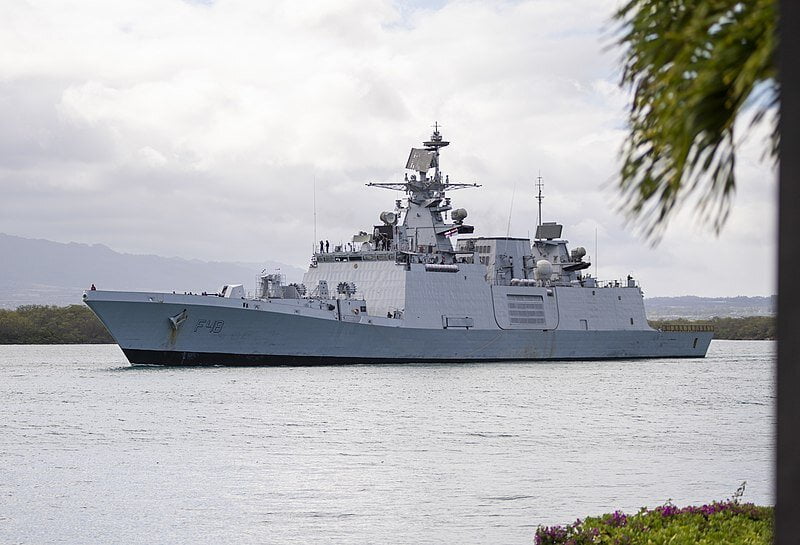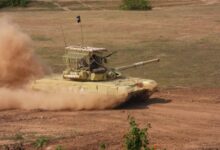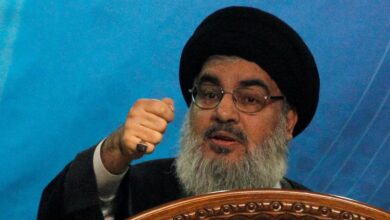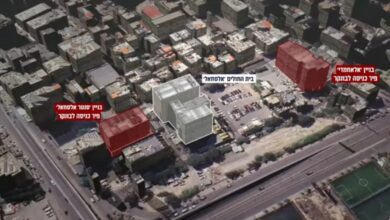In Australia, The Sea-Phase Of A Naval Exercise Involving 14 Nations Begins

- India and Australia are dedicated to keeping the Indo-Pacific region, particularly the South China Sea, free, open, and inclusive.
- The exercise, which has increased in scale and complexity since its beginning in 1993, is the RAN's premier biennial regional international engagement project.
The “major” international exercise taking place in the northern area of Australia has started its sea phase. Since the exercise’s commencement in 1993, this is by far the largest iteration, the Australian government.
INS Satpura and P8I Maritime Patrol Aircraft of the Indian Navy are taking part in the exercise.
Ships and maritime aircraft from 14 Navies are involved in the two-week exercise on land and at sea. The ship’s crew will participate in operational planning discussions and sporting events with the participating Navies during the exercise’s harbour phase.
Defence analyst Commodore Anil Jai Singh (Retd) called it an important drill and said it will allow the warships of like-minded nations to build relations, which will help in the future. The Indo-Pacific region is relatively vast, so it is necessary for several nations to work together to improve marine domain awareness and create standard protocols so that navies may operate their warships and equipment together when necessary.
India and Australia are dedicated to keeping the Indo-Pacific region, particularly the South China Sea, free, open, and inclusive. This Kakadu iteration, which is being led by the Royal Australian Navy (RAN) and assisted by the Royal Australian Air Force, is being hailed as one of the largest yet. The exercise, which has increased in scale and complexity since its beginning in 1993, is the RAN’s premier biennial regional international engagement project.
Vice Admiral Mark Hammond, the Chief of the Navy, had earlier stated in his welcome speech that “Exercise Kakadu is Navy’s most significant foreign engagement operation and is vital for fostering connections between participating countries.”







Facebook Comments